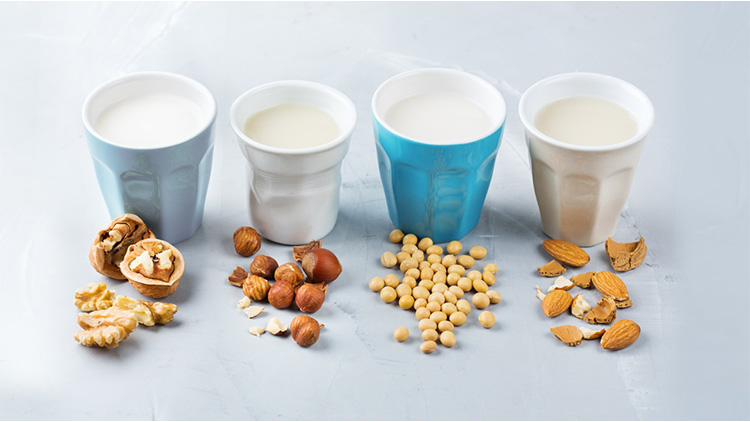Follow us
Product Innovations
Analyzing the unknown threat from Microplastics
Microplastics are any plastic-derived synthetic solid particle or polymeric matrix, ranging in size from 1 µm to 5 mm and insoluble in water.
Functional Beverage Market Insights in ASPAC
High growth ahead for protein beverages makes Asia Pacific (ASPAC) the market to watch. Consumer research shows new usage occasions, key consumption barriers,...
The latest plant-based beverage trends in SEA
Data shows that consumers’ liking and thirst for plant-based beverages is growing rapidly, especially in Malaysia, Singapore, Philippines and Indonesia....



























































